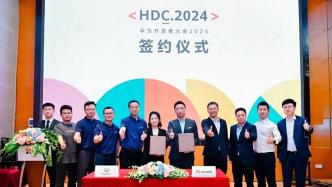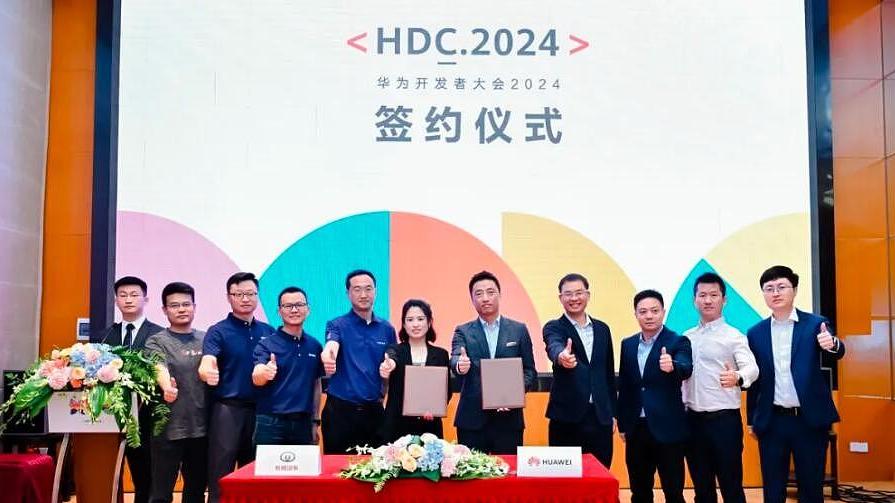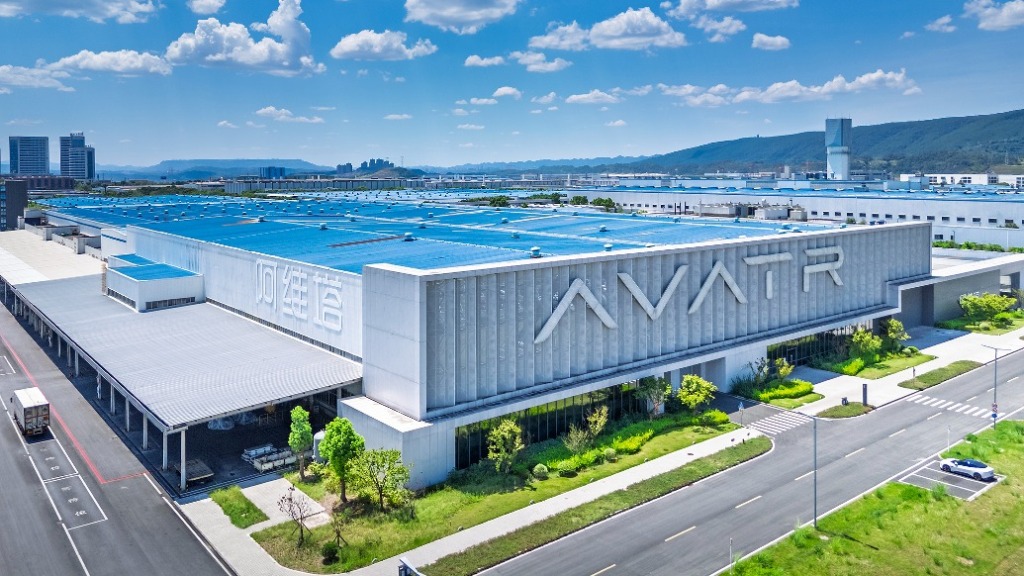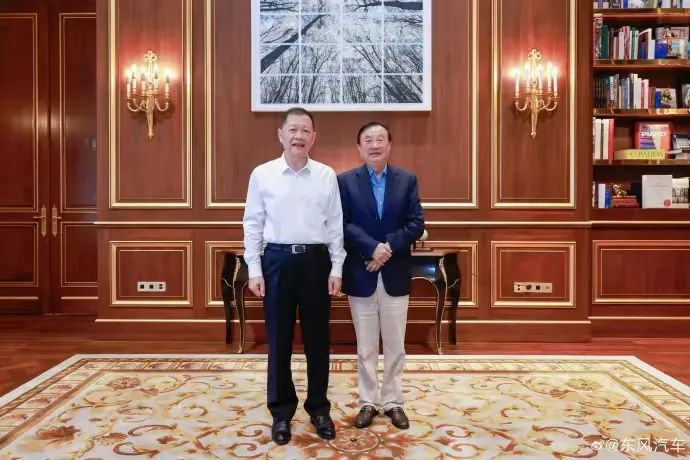
Huawei is preparing to compete with Apple Carplay for the cake on mobile phone-car mapping interconnection.
On June 24, Great Wall Motors announced that it had signed the "HUAWEI HiCar Integrated Development Cooperation Agreement" with Huawei.
According to the Agreement, Great Wall Motors will become the first automotive company to obtain in-depth development resources such as source code and development tools for HUAWEI HiCar products. On this basis, the teams from both parties will further create a development ecosystem that creates a win-win situation.

At the 2024 Huawei Developer Conference, Great Wall Motors and Huawei signed the "HUAWEI HiCar Integrated Development Cooperation Agreement."
On the one hand, by sharing resources and technical expertise, the adaptation of HUAWEI HiCar-related products to Great Wall Motor's various products will be accelerated, achieving seamless integration from a single model to a full range of models. On the other hand, the teams from both parties will jointly explore product upgrades, develop more cutting-edge capabilities, and continuously enrich user driving experience.
For a long time, major brands have rarely launched very useful car machines. Therefore, functions such as Apple Carplay and Baidu Carlife that map the mobile phone system to the car have become very popular. To this day, with the exception of newer brands with lower market shares and car-machine systems with better experience, most users of traditional car brands are still accustomed to using the above two interconnection solutions.
Huawei Hicar is aimed at the car-mobile phone interconnection market. So, Huawei Automotive Business (Auto BU) previously specialized in high-end business—autonomous driving, smart cockpits, and empowered car manufacturing? Why are you focusing on this "not high" market again?
To answer this question, we must first clarify the various models of Huawei's automotive business.
At the beginning, Huawei divided its cooperation models with car companies into supplier model, HI model, and smart car selection model. The supplier model is to provide hardware such as radars and sensors; the HI model not only provides hardware but also provides software and intelligent driving platforms; based on the HI model, Smart Car will participate in product design and development in the early stage, and will also use Huawei store channels in the later stage sell.
The most typical brand that cooperates with the HI model is BAIC Jihu, while the smart car model is dominated by the Wenjie brand. However, due to objective reasons such as the HI model product promotion is not ideal, the HI model has gradually been diluted.
In addition, on April 24, Huawei released a new technology brand "Qiankun Intelligent Driving", which is a solution with intelligent driving as the core, covering assisted driving, vehicle lighting, vehicle control, vehicle cloud and other solutions. Together with the "Hongmeng Cockpit" brand previously released by Huawei, the two together form the two cores of Huawei's smart car solutions. In this way, it is equivalent to refreshing the HI mode.
Huawei's smart car selection business has also been branded and named "Hongmeng Zhixing". Its subsidiaries include Wenjie, which cooperates with Thalys, Zhijie, which cooperates with Chery, Xiangjie, which cooperates with BAIC, and Aojie, which cooperates with JAC.
On the other hand, in November 2023, Changan signed an investment cooperation memorandum with Huawei to establish a joint venture for smart car solutions. It is hoped that this will attract more car companies to join the alliance, so as to achieve the goal of everyone adding fuel to the fire.
The original plan was that the two parties would sign the final transaction documents within 6 months. But currently, half a year has passed and the final transaction documents have not yet been signed. The most recent public disclosure was on May 6, when Changan Automobile announced that Huawei had completed the registration of a new company named Shenzhen Yinwang Intelligent Technology Co., Ltd. The two parties are conducting further negotiations on key transaction terms and are expected to sign final transaction documents on August 31. This is more than 3 months later than originally planned.
Industry analysts say that key issues such as the performance of both parties and the future business prospects of the joint venture company need to be discussed. However, no other car companies have officially announced their participation in the alliance, which may be the reason for the delay of the joint venture company.
In the past few years, Huawei has invested 30 billion yuan in the field of smart cars and has more than 7,000 R&D personnel. The huge cost expenditure needs to be filled by the revenue generated from various business lines of the car BU.
At the Electric 100 People Forum in March this year, Yu Chengdong revealed that the smart car selection business was already profitable in the first quarter, and the entire car BU is expected to be profitable in April. But profitability is only a basic requirement. Yu Chengdong and Huawei’s vision for car BU obviously goes beyond that. According to Huawei's first quarter financial report, the company's ICT business revenue was 362 billion yuan. For comparison, the smart car business revenue was 4.7 billion yuan, a difference of two orders of magnitude. Obviously, Che BU still has great business growth potential.
Let’s take a rough inventory of the car BU business: the bulk of Hongmeng Zhixing (smart car selection) business is Wenjie, and Wenjie’s sales will not grow without limit, and several other “sectors” have not yet taken off; the partners of the Qiankun brand are roughly The number of seven car companies including Dongfeng, Changan, and GAC is not very large.
But Hicar is different. This is a pure mobile phone-car-machine interconnection function. It can be said to be a shallow cooperation model. The application of this system involves the least car manufacturing links and internal approval departments, let alone car companies. The "soul" that Huawei wants to protect is a good way for Huawei to rapidly expand its automotive business revenue.
Great Wall Motors, as one of China's mainstream car companies, will undoubtedly provide Huawei with considerable and sustained revenue from its automotive business, and can also help Huawei seize share in the car-machine-mobile phone interconnection market.


